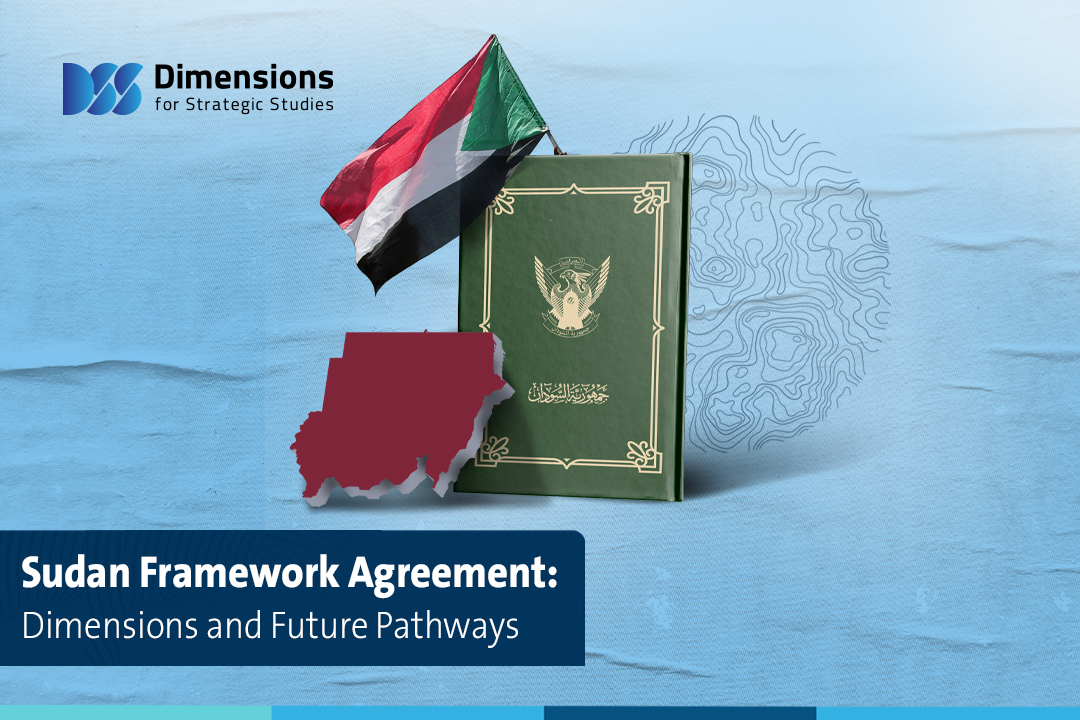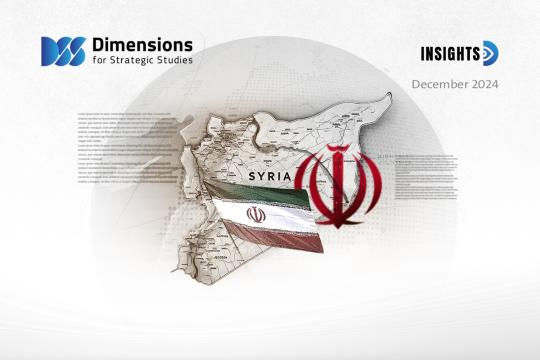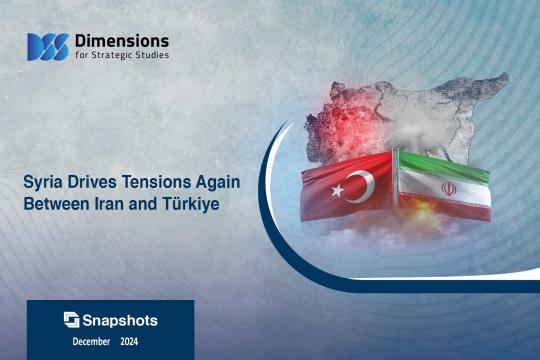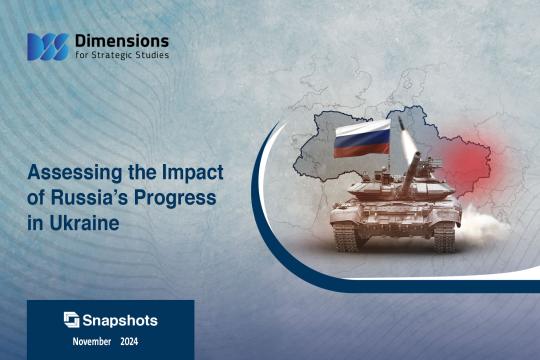
Sudan Framework Agreement: Dimensions and Future Pathways
2023-01-274198 view
On December 5, 2022, the ruling military component in Sudan, along with prominent civil forces, led by the Declaration of Freedom and Change, some armed movements and other parties, signed a framework agreement to resolve the political crisis in the country, which arose after the army's coup against the constitutional document, the Juba peace agreement and the previous political agreement between the civilian component led by Hamdok and the military component led by Al-Burhan, which happened on October 25, 2021. According to this agreement, the Chairman of the Transitional Sovereignty Council, Abdel Fattah Al-Burhan, imposed exceptional measures, including the dissolution of the Sovereign Council and the Transitional Ministers, the arrest of ministers and politicians, the declaration of a state of emergency, and the dismissal of governors, It led to sharp divisions within the Sudanese interior, and its consequences remained continuous protests, which were confronted by force by the army and security forces, and became a continuous cause of instability and fear of the situation exploding and turning into civil strife for more than a year without a solution
This paper which assesses the situation aims at identifying the internal and external contexts that led to reaching this agreement. Furthermore, it analyses its main contents and axes, in addition to the local, regional and international reactions around it. It tries also to foresee the future tracks of the political process in Sudan in accordance with this agreement.
The current framework agreement remains the result of a local, regional and international temporary consensus. It is a fait accompli option. Although it seems dreamy in some of its texts; especially with regard to the complete removal of the military institution from the political and economic life of the Sudanese, the sacrifices made by the Sudanese through the years of the current revolution or even previous revolutionary uprisings were meant to reach these convictions and those points in a written agreement that justifies such aspirations for democratic civilian rule. Democracy; however, is not built without an urgent economic and social response to the immediate needs of the Sudanese, who have begun to fidget with the option of a prolonged revolution, and sought consensus on the future of their country, which requires expanding the consensus on the framework agreement and speeding up the reaching of the final agreement and completing the tasks of the transitional period without the need for any further extensions.
Read more on the folowing link: Sudan Framework Agreement: Dimensions and Future Pathways





